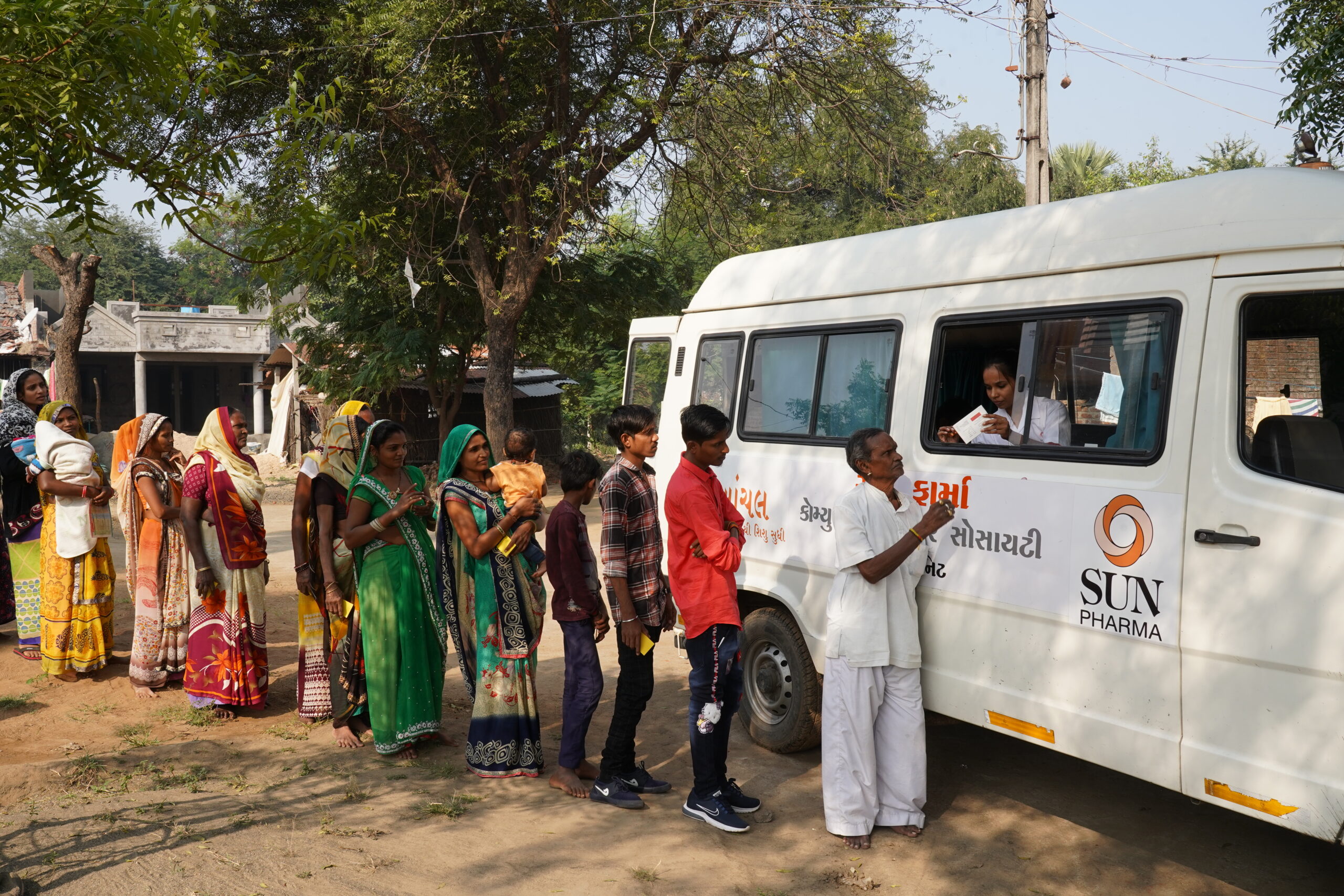In a vast and diverse country like India, where a significant portion of the population resides in rural areas, ensuring access to healthcare is a formidable challenge. Mobile Medical Units (MMUs) have emerged as a crucial solution to bridge the healthcare gap, bringing medical services directly to remote villages. However, these initiatives face numerous challenges, necessitating the involvement of NGOs and the private sector to effectively mitigate them.
Challenges Faced by Mobile Medical Units:
Infrastructure and Connectivity: Rural areas often lack proper roads and transportation infrastructure, making it difficult for MMUs to reach remote villages. Moreover, poor network connectivity hampers communication and the use of digital health solutions. NGOs can collaborate with the government to improve infrastructure, while the private sector can invest in technology solutions that work in low-connectivity environments.
Shortage of Skilled Healthcare Professionals: The scarcity of healthcare professionals in rural areas is a persistent challenge. Doctors, nurses, and support staff are often hesitant to work in remote locations due to the lack of amenities and professional growth opportunities. NGOs can address this by offering incentives, training programs, and collaborations with medical institutions. The private sector can support by establishing telemedicine networks and offering remote consultations.
Limited Resources and Funding: MMUs often operate on tight budgets, relying on government funding or charitable donations. This limitation affects the availability of medical equipment, medicines, and other essential supplies. NGOs play a vital role in fundraising, grant applications, and resource mobilization. Private sector involvement can include corporate social responsibility (CSR) initiatives, where companies contribute funds or resources to support MMUs.
Cultural and Linguistic Barriers: Rural communities in India are diverse, with different languages and cultural practices. Effective communication is crucial for building trust and ensuring that healthcare services are accepted. NGOs can facilitate cultural sensitivity training for MMU staff, while the private sector can invest in translation technologies and multilingual healthcare materials.
Preventive Healthcare and Awareness: Rural populations often lack awareness about preventive healthcare measures and the importance of regular check-ups. NGOs can implement community health education programs, leveraging local influencers and traditional communication channels. The private sector can contribute by developing mobile apps for health education and awareness campaigns.
Mitigating Challenges through NGO and Private Sector Collaboration:
Strategic Partnerships: NGOs can form strategic partnerships with the private sector to enhance the reach and impact of MMUs. Collaborative efforts can include joint funding initiatives, knowledge sharing, and leveraging each other’s networks for resource optimization.
Technology Integration: The private sector, with its technological expertise, can develop and implement innovative solutions to address connectivity issues. Mobile apps, telemedicine platforms, and digital health records can significantly improve the efficiency of MMUs. NGOs can facilitate the integration of these technologies into the existing healthcare ecosystem.
Capacity Building and Training: NGOs can collaborate with private healthcare providers to organize training programs for MMU staff. This can include skill development, medical updates, and the use of advanced medical equipment. Such initiatives can enhance the quality of healthcare services delivered by MMUs.
Community Engagement: NGOs, with their community-centric approach, can facilitate better understanding and acceptance of healthcare services among rural populations. Private sector support can amplify these efforts by sponsoring community events, health camps, and awareness campaigns.
Advocacy and Policy Support: Both NGOs and the private sector can work together to advocate for policy changes that favor the expansion and sustainability of MMUs. This can include lobbying for increased government funding, policy reforms to attract healthcare professionals to rural areas, and the integration of MMUs into the broader healthcare system.
Mobile Medical Units play a vital role in extending healthcare services to the farthest corners of rural India. While they face significant challenges, collaboration between NGOs and the private sector can provide innovative solutions and resources to overcome these obstacles. By addressing issues related to infrastructure, healthcare workforce, funding, cultural nuances, and technology, these partnerships can contribute to building a healthier and more equitable future for rural communities in India.
Image Credit: Sun Pharmaceutical Industries Ltd.
